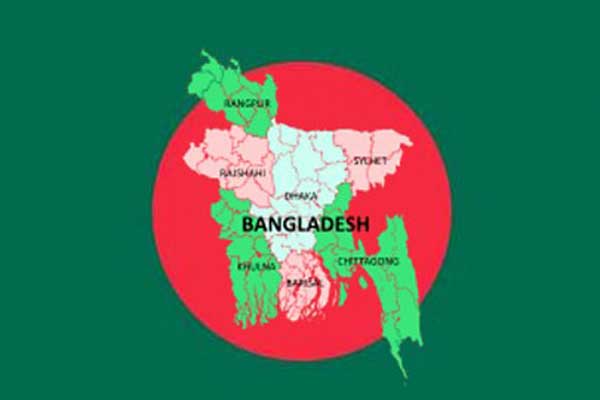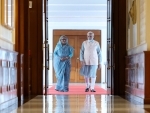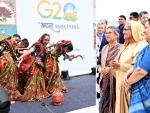Column

Shedding LDC label
The government headed by Sheikh Hasina initiated all the measures required to better the country’s prospects to graduate from the LDC category, the three criteria for which are Gross National Income (GNI) per capita, Human Assets Index (HAI) and Economic Vulnerability Index (EVI).
{special_block_1}The scores required for graduation from LDC category are a per capita GNI of minimum $ 1,230 (Bangladesh’s current GNI per capita is $ 1,724), HAI of 66 or above (Bangladesh 72) and EVI of 32 or below (Bangladesh 25.2). Bangladesh has scored well over the minimum threshold for all the three categories this year.
Masud Bin Momen, Bangladesh’s Permanent Representative to the UN said that the progress from a war ravaged country to today’s graduation has been a bumpy ride and it has been possible due to visionary leadership of Prime Minister Sheikh Hasina.
As per graduation process Bangladesh would be observed for three years till 2021 and if the existing development as per index continues during this period the UN will provide another three years from 2021 to 2024 and Bangladesh will be a member of developing nations’ club.
Sheikh Hasina’s ‘Vision 2021’ is now going to be a reality. From ‘bottomless basket’ (described by former US Secretary of State Henry Kissinger) graduating to a developing country the journey has been momentous and historic. Moreover, it is a matter of pride and self esteem for the nation.{special_block_2}
Good governance is a pre-condition for advancement and economic development. Bangladesh’s progress with health, education, technological, economic and other sectors has amazed the whole world for which Sheikh Hasina deserves all credit. She has achieved a number of highly prestigious awards for her dedication and dynamism for advancement of the people and the country. She is now being viewed by world leaders as a role model for growth and development.
It is for her astute leadership and good governance that many international organizations including the UN had accoladed her with prestigious awards in recognition to her efforts. She received the ‘South-South Award’ for her government’s achievements in alleviating poverty. She got recognition from UNESCO for her tireless efforts to promote girls’ education in Bangladesh. The UNESCO presented a memento titled ‘Peace Tree’ in recognition of her outstanding contribution in girls’ education.
The UN Food and Agriculture Organization (FAO) awarded the prestigious CERES medal in recognition to her fight against hunger. She received UNESCO’s Houphouet-Boigny Peace Prize. She also received the UN Award for Millennium Development Goal Achievement for reducing Bangladesh’s child mortality.
With Sheikh Hasina at the helm, Bangladesh’s dependence on foreign aids and imports has been rapidly decreasing. Exports driven by ready-made garments continue to rise year on year despite a series of violence, shut-down and unrest instigated by BNP and its allies trying to thwart development and democracy. Also the remittances from expatriate Bangladeshis continue to flow in steadily despite global recession and ravages of war in some of the countries they are employed.
Sheikh Hasina has proved to be a crusader against challenges, undaunted by threats and odds that have symbolized her not only as the top leader in Bangladesh but also one of the tops globally. She takes challenges, squires them up to the end and wins with robust motivation and determination to hit the targets she has set for welfare of the people and the country.
Singapore-based research firm Statistic International, in its survey report said Sheikh Hasina was selected as the second best Prime Minister for her competent leadership, statesmanship, humanity, decision making and their implementation.
Bangladesh’s graduation to a developing status is a manifestation of her dynamic, prudent and bold leadership.



